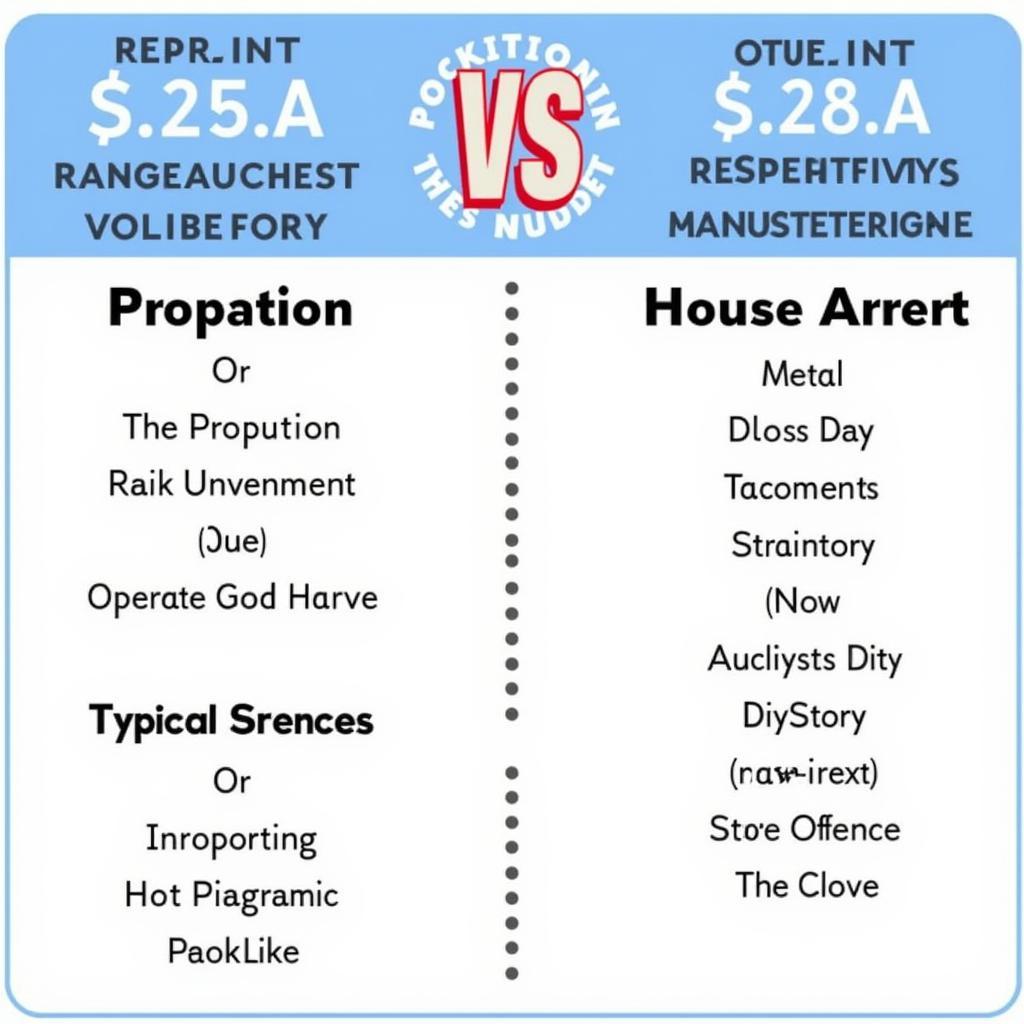Probation vs. house arrest: two distinct legal terms often confused. This article clarifies the differences between probation and house arrest, outlining their respective implications and restrictions.
Understanding Probation
Probation is a court-ordered period of supervision served in the community as an alternative to incarceration. It involves adhering to specific conditions set by the court, which can include regular meetings with a probation officer, drug testing, employment requirements, and restrictions on travel or associating with certain individuals. Probation aims to rehabilitate offenders and reintegrate them into society while ensuring public safety. The length of probation varies depending on the severity of the offense and the individual’s criminal history. Violations of probation conditions can result in revocation, leading to imprisonment.
Probation allows individuals to maintain some semblance of normalcy while serving their sentence. They can continue working, attending school, and participating in family life. However, the constant monitoring and restrictions can be challenging, requiring discipline and adherence to a strict schedule.
 Người bị quản chế gặp gỡ nhân viên quản chế
Người bị quản chế gặp gỡ nhân viên quản chế
Delving into House Arrest
House arrest, also known as home confinement, is a form of punishment where individuals are confined to their residence for a specified period. It is typically enforced through electronic monitoring devices like ankle bracelets. Individuals under house arrest may be permitted to leave their homes for specific purposes, such as work, medical appointments, or religious services, depending on the court’s ruling. House arrest aims to restrict an individual’s movement while allowing them to serve their sentence in a less restrictive environment than jail.
Unlike probation, house arrest significantly limits an individual’s freedom of movement. While it avoids the hardships of incarceration, it can be isolating and psychologically challenging.
Key Differences Between Probation and House Arrest
Probation and house arrest, while both alternatives to incarceration, differ significantly in their restrictions and application. Probation focuses on supervision within the community, while house arrest restricts physical movement. Here’s a breakdown:
- Supervision: Probation involves regular check-ins with a probation officer, while house arrest relies on electronic monitoring.
- Movement: Probation allows relatively free movement within the community, while house arrest confines individuals to their residence, except for authorized activities.
- Flexibility: Probation offers more flexibility in terms of daily activities, while house arrest severely restricts movement.
- Severity: Probation can be imposed for a wider range of offenses, while house arrest is usually reserved for less serious crimes or as a condition of pretrial release.
Comparing Probation and House Arrest: A Table View
| Feature | Probation | House Arrest |
|---|---|---|
| Supervision | Probation Officer | Electronic Monitoring |
| Movement | Relatively Free | Restricted to Residence |
| Flexibility | Higher | Lower |
| Typical Offenses | Wide Range | Less Serious Crimes |
“Understanding the nuances between probation and house arrest is crucial for both legal professionals and individuals navigating the criminal justice system,” says John Smith, a seasoned criminal defense attorney in California. “Each carries its own set of challenges and benefits, and choosing the right approach requires careful consideration of the individual’s circumstances and the nature of the offense.”
 So sánh quản chế và quản thúc tại gia
So sánh quản chế và quản thúc tại gia
Conclusion
Probation vs. house arrest: two distinct paths within the criminal justice system. Understanding the differences between probation and house arrest is crucial for making informed decisions. While both offer alternatives to incarceration, they carry unique restrictions and implications. Choosing the appropriate path depends on the specifics of the case and the individual’s circumstances.
FAQ
- What are the typical conditions of probation?
- Can I travel while on house arrest?
- What happens if I violate the terms of my probation?
- How long does house arrest typically last?
- Can I work while on probation?
- What are the consequences of violating house arrest?
- How is house arrest monitored?
Do you have other questions about probation or house arrest?
Explore these related articles:
- Understanding the Legal System
- Rights of Individuals Under Supervision
- Navigating the Court Process
When needing assistance, contact us at Phone Number: 02838172459, Email: truyenthongbongda@gmail.com Or visit us at: 596 Đ. Hậu Giang, P.12, Quận 6, Hồ Chí Minh 70000, Vietnam. We have a 24/7 customer service team.